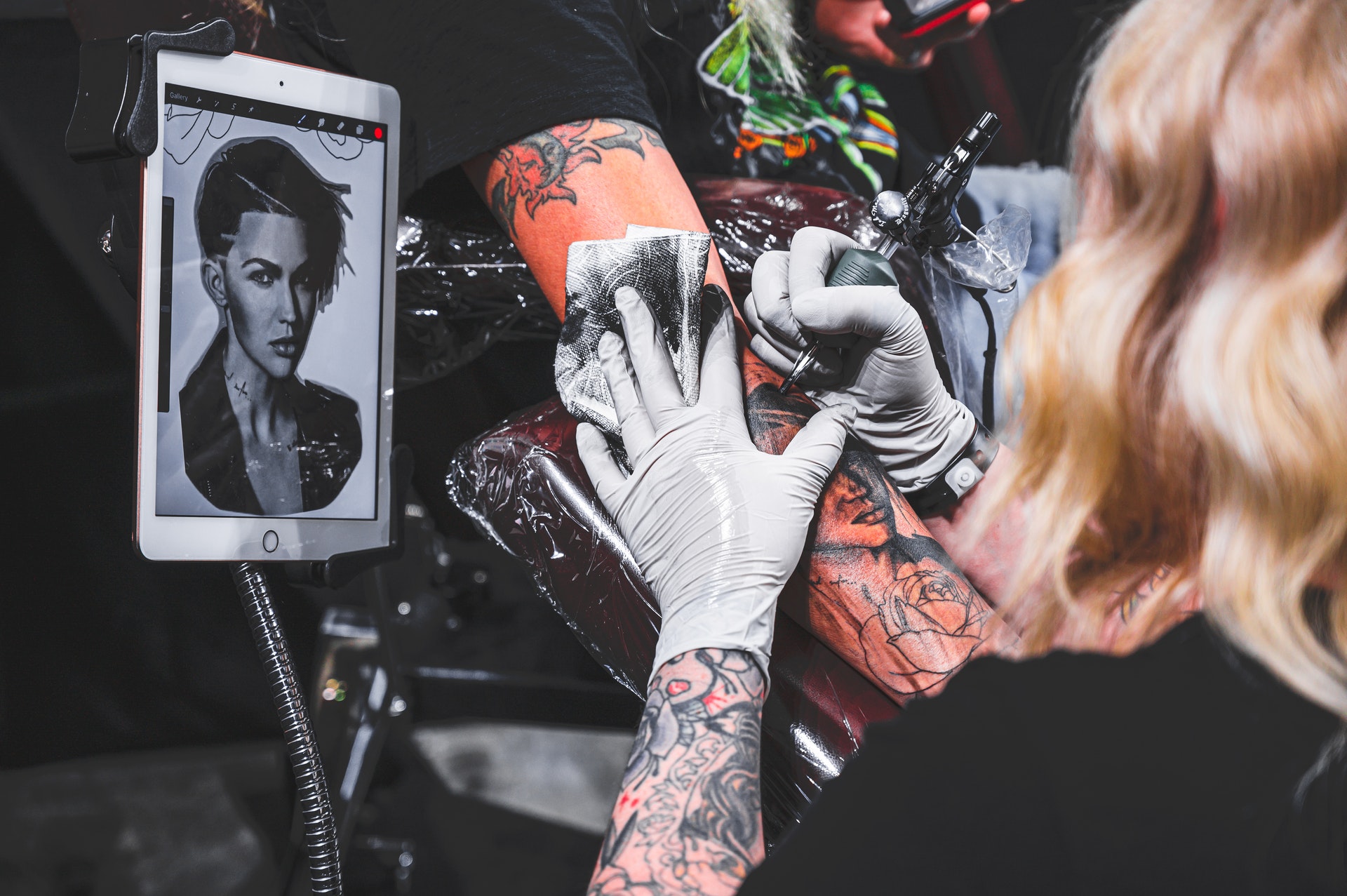Becoming a Professional Tattoo Designer: Your Career Path

Embarking on the path to becoming a professional tattoo designer is an artistic journey that requires a unique blend of skill, creativity, and dedication. Tattoo artistry is more than just a profession; it's a lifestyle that enables artists to convey stories, emotions, and personal narratives through ink and skin. Here's a comprehensive guide on how to navigate your way through this intricate yet rewarding career.
Understanding the Basics of Tattoo Artistry

Before diving into the technical aspects, it’s crucial to understand what tattoo art involves:
- Culture and History: Tattooing has a rich history in various cultures worldwide, each with its own techniques, meanings, and societal roles.
- Types of Tattoos: There are styles like black and gray, color, tribal, Japanese, realism, and more, each requiring different skills and techniques.
- Client Relations: Building a rapport with clients is essential. Tattoos are personal, and clients need to trust their artist.

Essential Skills for Aspiring Tattoo Artists

A successful tattoo artist needs more than just artistic talent:
- Artistic Proficiency: Mastery in drawing, shading, color theory, and composition is fundamental.
- Technical Knowledge: Understanding tattoo machines, inks, and aftercare is crucial for quality work and safety.
- Hygiene and Safety: Knowledge of health standards, sterilization techniques, and cross-contamination prevention is non-negotiable.
- Communication: Ability to translate a client’s vision into a design, and explain the process and expectations clearly.

Education and Training Pathways

Becoming a tattoo artist involves a combination of formal and practical education:
- Art Schools: Even though not tattoo-specific, schools like the Academy of Art University offer courses in fine arts which can be beneficial.
- Tattoo Apprenticeships: The traditional route where you learn under an experienced artist, gaining hands-on experience.
- Workshops and Conventions: These provide exposure to various techniques and networking opportunities.
⚠️ Note: Never underestimate the value of an apprenticeship. It’s where you’ll learn not just the art but also the business side of tattooing.
Legal and Ethical Considerations

Tattoo artists must navigate through several legal and ethical considerations:
- Licenses and Permits: Ensure you’re aware of local regulations regarding tattoo studios, artist certification, and health inspections.
- Age Restrictions: Most places have laws regarding tattooing minors; knowing these is essential.
- Consent and Liability: Understanding client consent forms, aftercare instructions, and potential health risks is crucial.
| Requirement | Details |
|---|---|
| Health Standards | Must adhere to OSHA or local health department guidelines on sterilization and hygiene. |
| Client Consent | Must be documented for age verification and design approval. |
| Tattoo Removal | Being aware of potential removal techniques and informing clients. |

Building a Portfolio and Networking

Your portfolio is your professional showcase:
- Custom Designs: Show off your ability to create unique pieces that reflect your style and versatility.
- Photography: High-quality images of your tattoos are crucial for showcasing your work.
- Networking: Attend conventions, engage with social media, and connect with other artists and clients.

Establishing Your Brand and Business

Tattooing isn’t just art; it’s also about entrepreneurship:
- Business Plan: Whether you’re working in a studio or planning to open your own, a solid business plan is crucial.
- Marketing: Utilize social media, SEO strategies, and local advertising to attract clients.
- Client Experience: Ensure your shop provides a welcoming environment and top-notch service.
As you navigate through this artistic and professional journey, remember that becoming a professional tattoo designer is a continuous learning process. Each tattoo is not just ink on skin; it's a piece of art, a personal narrative, and a testament to your skill and dedication. It requires constant adaptation, improvement, and passion for the craft. Keep practicing, seeking mentorship, and pushing your creative boundaries, and the world of tattoo artistry will unfold before you, offering a fulfilling and deeply expressive career path.
How long does it take to become a professional tattoo artist?

+
The journey can take anywhere from 2 to 5 years. This includes learning to draw, gaining technical skills, serving an apprenticeship, and building a portfolio. Dedication and practice significantly affect this timeline.
Is formal art education necessary for tattooing?

+
While not mandatory, art education can provide foundational skills in anatomy, shading, and composition, which are vital for tattoo artistry. However, many successful artists have thrived with on-the-job learning and apprenticeships.
How much does a tattoo artist earn?

+
Earnings vary greatly based on location, experience, and reputation. Starting artists might make around $25,000 a year, while established artists in high-demand areas can earn significantly more, often charging per hour or by piece.